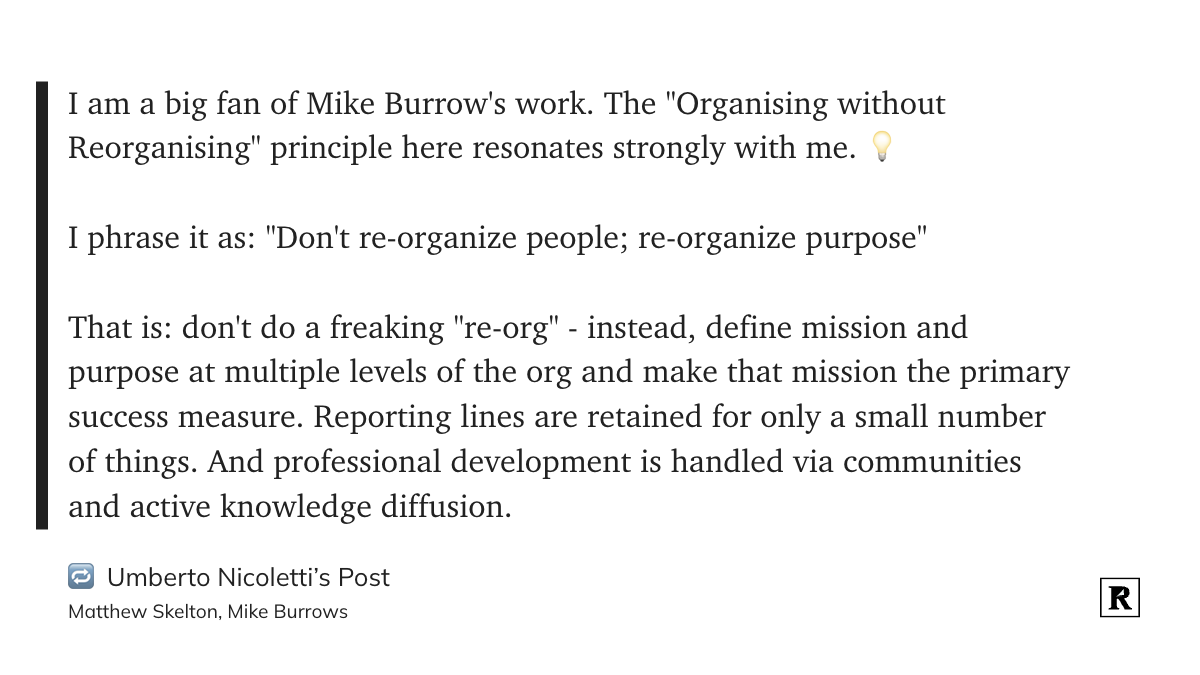Accuracy vs Precision
Accuracy is more important than precision! Let me illustrate that with an example: I need to measure the length of a piece of wood, let's say its real length is 10cm. Accuracy is how close I am to 10cm in the measurement, and precision is the number of decimal places (or error range, if you want) you can read out. If I measured with an extremely precise instrument and it said the piece of wood is 9.855 cm (3 decimal places) and another one that gave me 9.9, the first one would be very precise than the second but less accurate. Ultimately the second measurement is just more useful for practical purposes. Same happens with planning and estimates. An estimate of 18.55 man days for a piece of work is only as good as it is close the real value. If the work happens to take 21 days, then just saying three weeks is more accurate (but less precise). So let's say you make a year-long plan: it's more important that the plan is accurate than it is precise because that will mean that wh...
